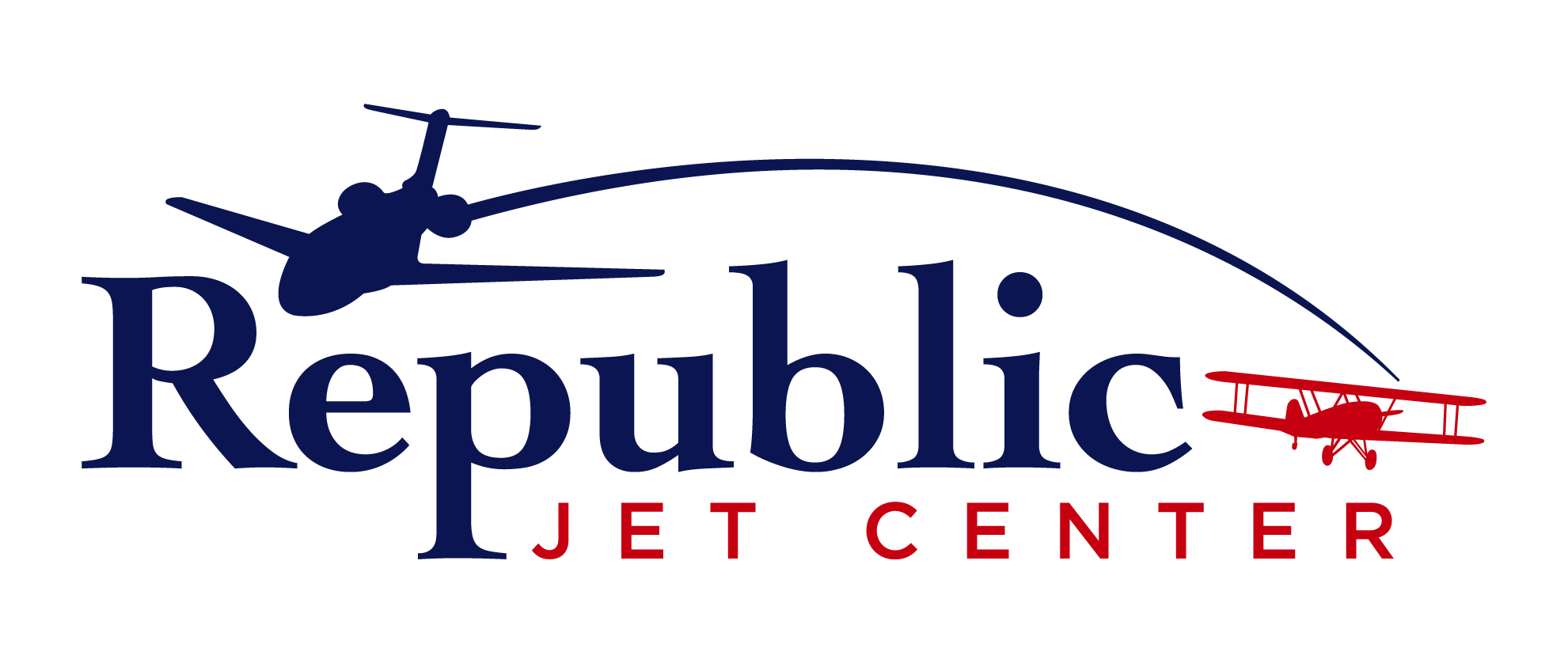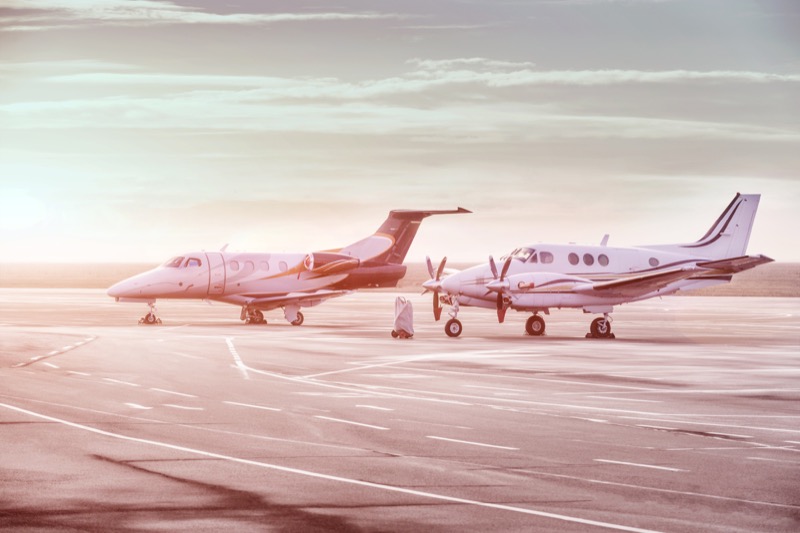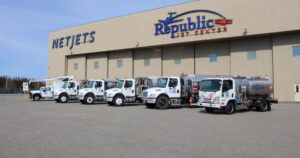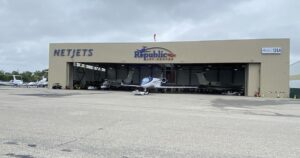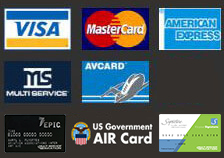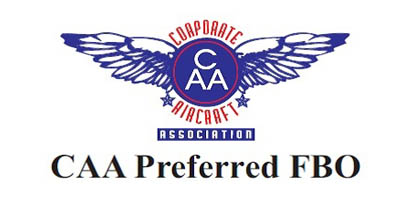There’s nothing like owning a private plane. It’s luxurious, peaceful, and crazy efficient. The ability to jump between multiple cities in a single day is fantastic.
All of this comes at a cost, though. You need private aircraft management and maintenance. To keep your plane in the air, you need to make sure everything is above board on the ground.
You need to inspect and do regular maintenance. In addition, you need to document and register everything to the proper authorities. The paperwork can feel tedious, but it’s important.
There are numerous companies that offer their management and maintenance services. As the owner, though, it’s vital for you to stay in the loop when it comes to your plane.
You’re responsible for your plane. Pick the right people and ensure everything gets done by the book. Read on for a guide on what you need to know.
Why Do You Need to Maintain Your Private Aircraft?
Everyone would love to fly private. It exudes an aura of luxury and the jet-set lifestyle. Yet, owning or flying on a private jet comes with a boring catch.
You need to maintain your aircraft. There are several reasons for this, but they relate to legal, monetary, and safety-related. To own, charter, or use your plane, you need regular maintenance.
It’s mandated by the federal government and other more local jurisdictions. They want to make sure everything is above board, from the fuel to the engine and navigating system. Next, you have financial concerns.
Bringing mechanics to inspect and work on your plane before every flight is expensive. Do you know what’s more expensive? Having to wholesale replace major components of your private aircraft.
If you don’t get your plane looked at and worked on, you’ll miss something important. This will cost you down the road, if not in money, then in safety. That brings us to the final major point, which is your wellbeing.
Your life is not something you should ever gamble with, and neither are the lives of your crew or passengers. “What’s the worst that could happen” is the wrong attitude to take when flying in a private airplane. A critical failure in the engine, battery or navigation system could spell disaster.
Proper maintenance and management make sure that you’re ready for take-off. Even when you’re away from home, it’s important to maintain your private aircraft.
Who Does What?
The most important thing to understand about proper aircraft maintenance and management is the buck stops with the owner. If you own the aircraft, you are under legal responsibility for its upkeep. Make sure your private plane meets all necessary regulations and mandated inspections.
This is true whether you operate or work on it yourself or hire a service to do it for you. Because of this, you need to select your staff and mechanics with care. As the owner, you set the bar for what your crew does, including how often and throughout they should be.
If your mechanic suggests you need to replace or overhaul a component, it’s on you to provide the funds. You also need to inspect the aircraft to make sure everything is satisfactory. All of that can be a lot of work, which is why many people opt for a private jet management company.
You still need to be responsible for your private aircraft, but at least you’ll feel like you’re in better hands.
Private Jet Management
Flying in a private airplane isn’t as easy as it seems. Yes, it’s liberating to be wheels up and in another location in a matter of hours, but it comes with work. You need to schedule everything.
Every trip must undergo careful planning and logging. There’s a sea of red tape from where you go to how you’ll do maintenance. The thing is, you can’t skip any of it.
You need to be compliant with all the rules and regulations when you travel. There’s also the other stuff associated with running and operating your private plane. These include how and where you source your fuel and where you store your private aircraft.
Your pilot and staff also need accommodating, as they’ll be making these trips with you. All of that costs money, involves paperwork, and can be a headache to deal with. You need to make sure everything and everyone is ready to go in advance.
This includes all the maintenance checks and inspections. Ensure your plane and trips are always registered with the proper authorities. A private jet management company can do this for you and more.
They can coordinate everything from your crew and their accommodations to payroll. They’ll make sure all the logistics and paperwork are properly covered too. Even your mechanics and inspection checks will get scheduled.
As long as you look things over beforehand and work with a reputable company, it will make flying a breeze.
Chartering Your Plane
Something worth considering is the fact that many owners choose to charter out. They realize they can make money by offering their planes when they aren’t getting used. This makes sense as the demand for safe, efficient travel has only grown.
The thing is, this turns your plane into a business, which means a whole bunch more red tape. It’s very important to get your maintenance and management in order if you plan to charter. This is because it’s not only yourself you inconvenience, but your customers.
The potential lawsuits are also significant. If looking into a private jet management company, look for one that can handle chartering. The extra experience and flexibility will be invaluable.
Jet Maintenance Programs
This is something that will become readily apparent if you own a private airplane. You need a jet maintenance program. This is a set plan and procedure that governs how you do maintenance and how often.
You’ll need to do regular inspections at planned intervals and to track them too. It doesn’t matter if your mechanics don’t find anything worth reporting. They still have to do a thorough job and fill out all the paperwork saying it’s ok.
Part of what a maintenance program does is find and locate replacement parts when you need them. These can be expensive and hard to source by hand, so having supply lines in advance for your aircraft is key. You also need to make sure you’re compliant in whatever jurisdiction you’re in.
A good management company will include a proper maintenance program built-in. It will include all the checklists, inspections, and maintenance requirements for your plane. It will make sure scheduled maintenance gets done but also have a plan for unscheduled maintenance.
It is possible to get a private company to do ad-hoc inspections, replacements, and repairs. However, this isn’t a viable long-term solution. It’s more expensive and less convenient.
If you can’t or don’t want to create your own compliant and robust program, go with a trusted company instead.
How Often Should You Do Inspections?
When it comes to private aircraft management, you need to know when to do regular inspections. A standard inspection should get done every day and before every take-off. Check the engine, navigation systems, battery, and landing gears.
More significant maintenance and inspections get divided based on hours flown. A common spread might look like every 200, 400, 600, and 800 hours of flying time. These are when you do deep inspections of every nook and cranny.
The longer you fly between inspections, the more necessary and thorough you should be. Check every light, button, and operational detail. Keep any software updated since you don’t want it to bug out during a flight.
It’s good practice to do an annual inspection as well. You should be as complete and thorough with this one as you are with the 600 or 800-hour inspections. Every so often, you might need to do a “hot section inspection.”
An HSI is where you do a full inspection of the most important parts needed to keep your plane working. These are the ones most subject to high temperatures and pressure. They include air compressors, temperature sensors, compression turbines, combustion chambers, and turbine-shroud segments.
HSIs vary from aircraft to aircraft. A good rule of thumb is every 1,500-2,000 hours of flight time. If any of the inspected parts are unfit for purpose, they need to get replaced ASAP.
Any maintenance program should have scheduled HSIs. It’s crucial to find and fix issues before they occur.
Things You Can Do Yourself
Part of owning a private airplane means taking a vested interest in its maintenance. We aren’t all mechanics, but there are things we can do with a bit of practice. Changing the filter and engine oil is one of them.
Other things you can do are waxing the body or lubricating the airframe. The wheels need greasing, and various lights need changing too. You can also replace windows, patch cover plates, and oil your landing gears.
These might seem like minor things, but everyone starts somewhere. Doing what you can is part of the experience. It’s also best to leave more complicated repairs to trained mechanics.
If you’re the type who wants to pilot your own private plane, then you need more than flying certification. You also need experience in how your instruments work. This includes how to tell when something is wrong and how to perform light maintenance on them.
Clean the Inside
You don’t think about this often. When it comes to private plane management and maintenance, you need things to be clean. The inside of your plane gets filthy.
This goes for the cabin as well as cargo or storage spaces. Cleaning isn’t only about hygiene either. Debris, garbage, and pests can clog up important areas needed for your plane to operate.
Clutter could also prove hazardous to passengers and crew. If you’re jet-setting from city to city to save time, chances are you’re spending lots of time on your private jet. You’ll work, eat, sleep, and relax there, taking advantage of all the luxurious features.
Like your home, the plane can get messy and dilapidated if you don’t clean and maintain it. The mechanics have their job of making sure the plane runs safely. That said, don’t forget to keep the inside clean and organized.
Repair any damaged upholstery and deal with stains or messes. Reputable private jet management companies will offer interior cleaning and repair. It’s important not to skip this step.
Prepare for Unscheduled Maintenance or Rule Changes
Anything that can go wrong will go wrong. This is true even if you’re diligent with maintenance programs, inspections, or management. Soon, you may get grounded because of an issue out of your control.
Your plane might fail a pre-takeoff inspection, or a component shortage could delay a repair. Stricter rules or guidelines related to flying might come into effect out of nowhere. This could end up forcing you to make last-minute changes.
These are both realities that many traveling during the pandemic had to face and deal with. As frustrating as it can be, you need to have realistic expectations of owning, managing, and maintaining a plane.
Even the best companies might get thrown for a loop, costing you valuable time and money. Patience is important, as is planning for these kinds of contingencies. Regular daily inspections, even when not flying, reduce the risk.
Having important replacement parts stockpiled is also a good idea. This is especially if you know a major inspection or HSI is coming up.
Private Aircraft Management and Maintenance
Everyone wants the luxury, convenience, and prestige of private flying. Few realize the work that makes the experience smooth and safe for everyone. Private aircraft management and maintenance isn’t something you should neglect.
As an owner, it’s important to understand this and seek help when necessary. At Republic Jet Center, our professional service is ready to help, whether you’re an owner or a traveler. Give us a call today and live your best jet-setting life while you can.
